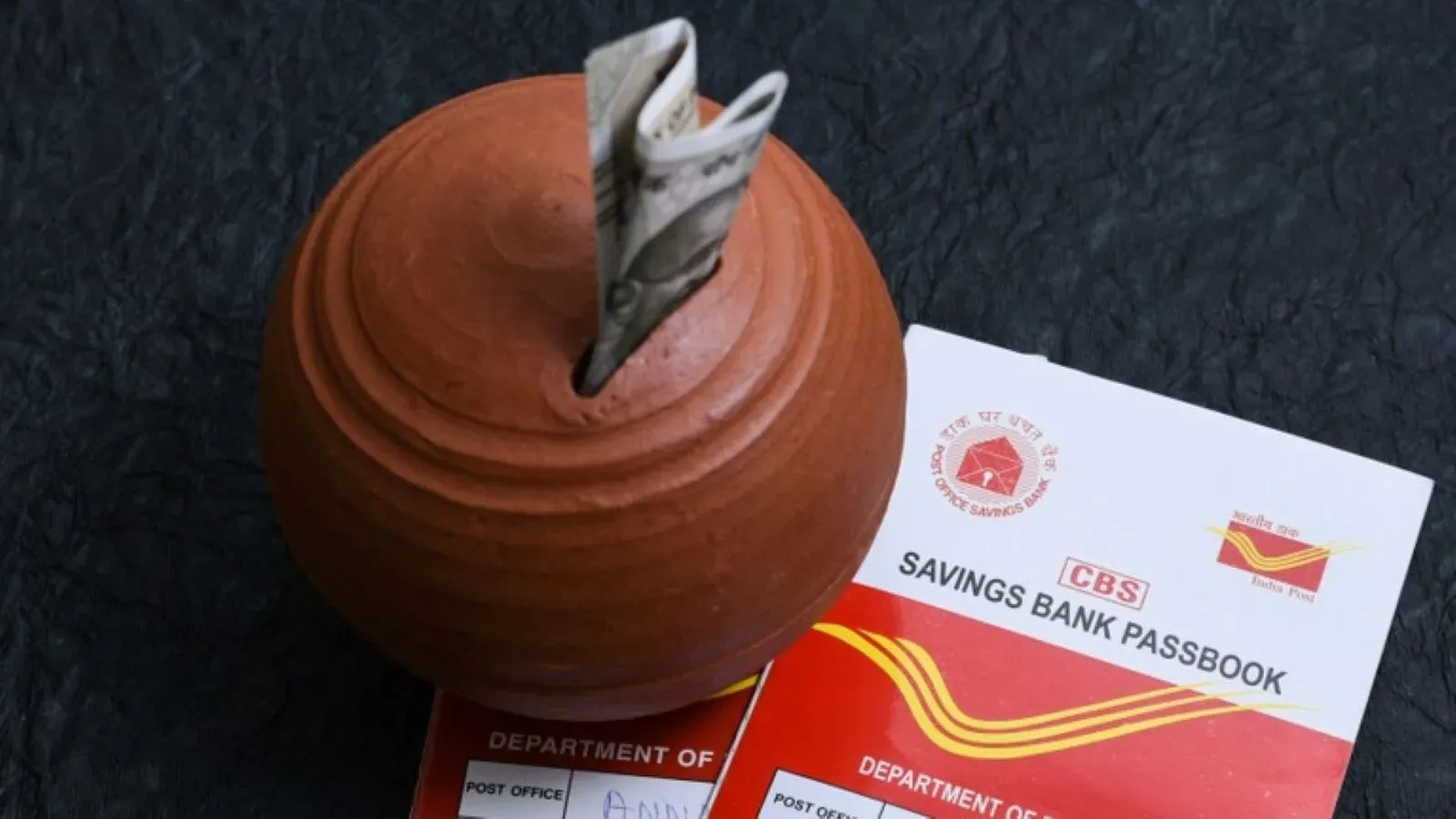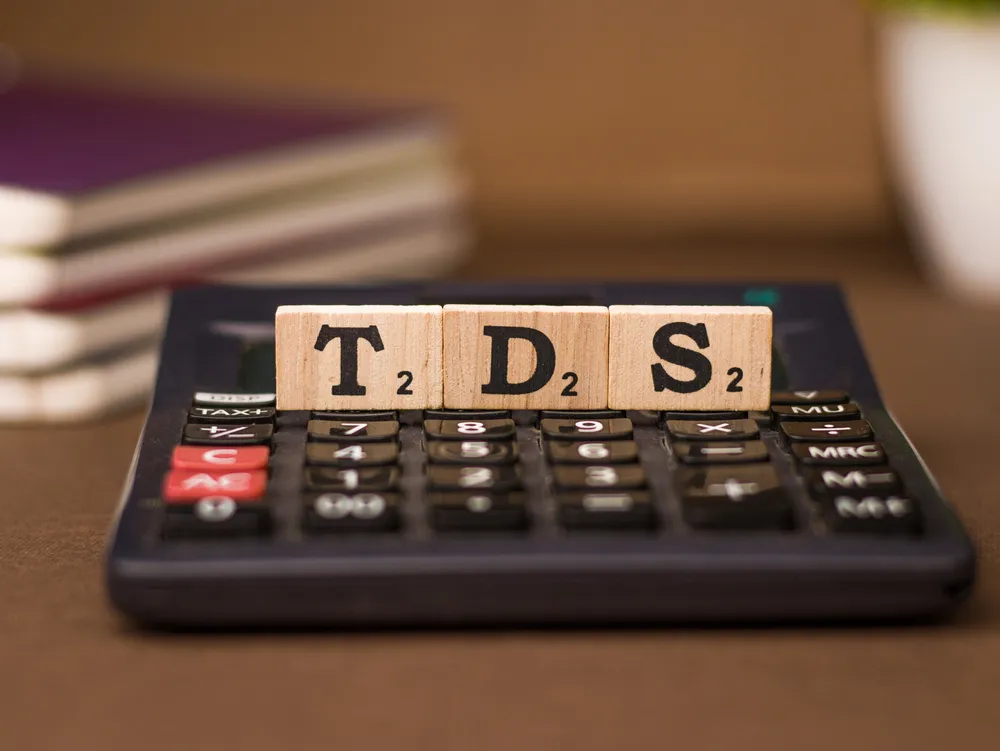Personal Finance News
Post Office offers what banks don't: Tax exemption under New Tax Regime on Savings Account income

3 min read | Updated on March 27, 2025, 16:27 IST
SUMMARY
Post Office Savings Account offers an additional exemption under Section 10(15)(i). This benefit is available on top of the ₹10,000 limit under Section 80TTA (₹50,000 limit for senior citizens under Section 80TTB). And more importantly, this is still applicable in the new regime.

Post Office Savings Account offers tax exemption in interest income in new regime. | Image source: Shutterstock
While savings accounts are generally not known for tax benefits, they do offer some exemptions. Interestingly, Post Office Savings Account (POSA) offers higher tax exemption compared to savings accounts in banks. This article explains how.
What's generally known?
Under Section 80TTA, a general taxpayer can claim tax deduction on up to ₹10,000 interest income from a savings account. This is allowed on income from any savings account, irrespective of whether it's with a bank or a post office.
However, senior citizens can claim tax deduction on up to ₹50,000 interest income from all savings and term deposit accounts under Section 80TTB.
What is generally not known?
Post Office Savings Account offers an additional exemption under Section 10(15)(i). This benefit is available on top of the ₹10,000 limit under Section 80TTA (₹50,000 limit for senior citizens under Section 80TTB). And more importantly, this exemption is still applicable in the new regime.
"Exemption on interest earned from a Post Office Savings Account is still available, under Section 10(15)(i) of the Income Tax Act, 1961," said CA Dr Suresh Surana. This exemption provides tax relief on the interest earned from a Post Office Savings Account as follows:
- For single accounts, an individual can claim an exemption of up to ₹3,500.
- For joint accounts, the exemption amount increases to ₹7,000.
"Taxpayers can claim both the exemption under Section 10(15)(i) (₹3,500 or ₹7,000) and the deduction under Section 80TTA (₹10,000) or Section 80TTB (₹50,000 for senior citizens) for the same interest income," said Dr Surana.
Yes. According to Dr Surana, the tax exemption under Section 10(15)(i) for Post Office Savings Accounts is still allowed under the new tax regime.
But deductions under Section 80TTA and Section 80TTB are not allowed under the new tax regime. However, both the exemption and deductions are allowed under the old tax regime.
What is Section 80TTA?
This section allows an individual taxpayer or Hindu Undivided Family (HUF) to claim a deduction of up to ₹10,000 on the total interest income earned from savings accounts (whether with banks, co-operative banks, or post office savings accounts).
This deduction is available irrespective of whether the interest is earned from a single or joint account, as long as the total interest does not exceed the specified ₹10,000 limit. If the interest income exceeds ₹10,000, the excess amount becomes taxable under Income from Other Sources.
What is Section 80TTB?
This section provides a higher deduction of up to ₹50,000 for senior citizens (aged 60 years or above) on interest income earned from deposits with banks, co-operative societies, and post offices. This includes interest from savings accounts, fixed deposits, and recurring deposits.
Thus, senior citizens benefit from a significantly higher deduction compared to the general taxpayers under Section 80TTA.
Related News
By signing up you agree to Upstox’s Terms & Conditions
About The Author
Next Story


